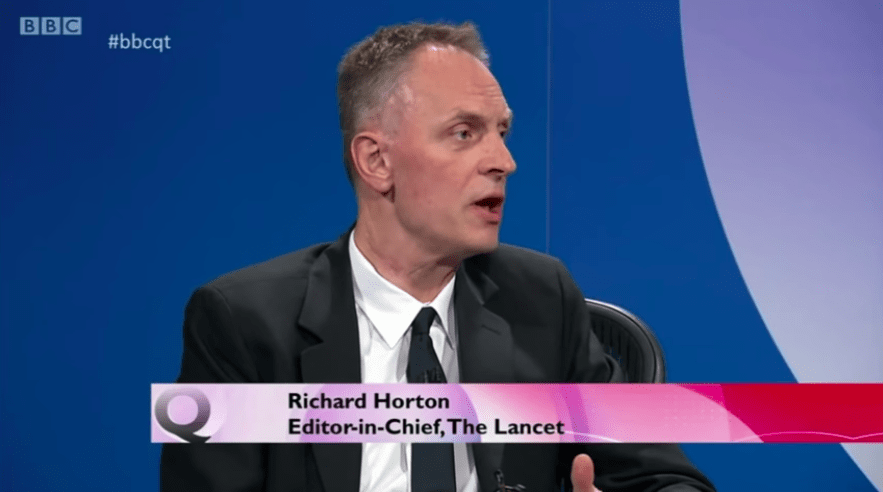Doctors have always been political. Medical school is often a cradle of social activism, driven by a syllabus underlining health inequalities and the cultural aspects of disease. Some medics inevitably take up politics: Che Guevara, Salvador Allende and Bashar al-Assad are just a few (notorious) examples. But there are plenty of others, and this crossover between medicine and politics highlights how the study of medicine can easily influence ideology. A different challenge posed, however, is when ideology begins to influence medical policy, corrupting medical decisions. This can be particularly problematic in the field of medical publishing.
Medicine relies on the integrity of up-to-date published scientific evidence to find the right treatment for a particular disease. Research that is published in medical journals is differentiated from unpublished research by the process of peer-review. Peer-review involves assessing the quality and validity of the research by experts in the field prior to acceptance or rejection for publication.

Britain’s best politics newsletters
You get two free articles each week when you sign up to The Spectator’s emails.
Already a subscriber? Log in






Comments
Join the debate for just £1 a month
Be part of the conversation with other Spectator readers by getting your first three months for £3.
UNLOCK ACCESS Just £1 a monthAlready a subscriber? Log in